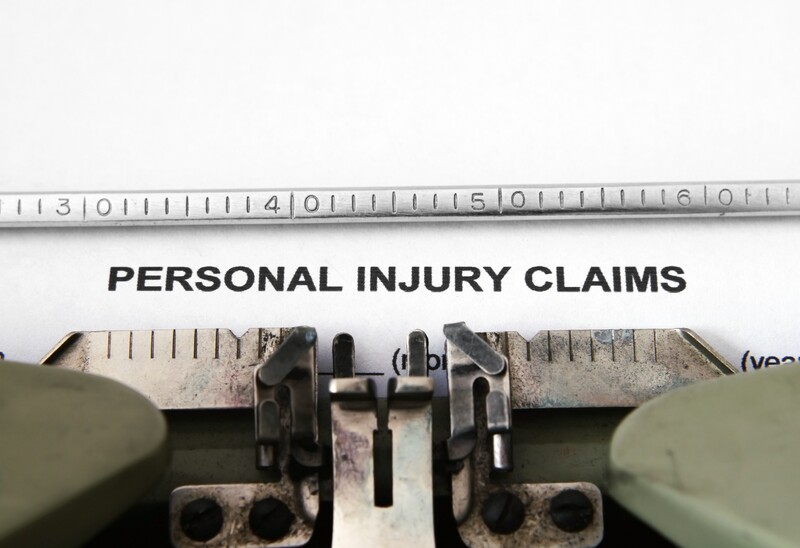The accident has happened and you are now wondering how to claim compensation for your personal injury. There are many steps that need to be taken before the accident is even considered settled. This blog post will go over everything you need to know, including what happens if you decide not to claim for an accident injury.
When Can you Claim For Personal Injury?
The first step is finding out when you are able to claim. The law states that in order to make a personal injury compensation claim, the accident must have occurred within three years of making the claim.
If you were injured as a child, then you have until your 21st birthday to make a claim. If you are incapacitated or have a long-term injury, this time frame is extended to three years after the accident occurred or until your 28th birthday.
If you are injured by medical negligence there is no limitation on when you can claim compensation for personal injuries. This includes errors made during surgery, mistakes with administering medication, and damage caused at birth due to negligent care provided by doctors.
What Do I Have to Prove in a Personal Injury Compensation Claim?
The first thing you will need is proof of the accident and your injuries. The best way for this documentation to be gathered is through an accident report, as it can record what happened and who was involved during the accident. However, if there wasn’t anyone around at the time of the accident or it was too dangerous to get an accident report, then you will need to provide a statement from yourself and any eyewitnesses.
Along with evidence of the accident, you must also provide proof that the injuries were caused by the accident. This is usually done through medical reports detailing your injury, how it occurred, and how long it is expected to last.
Process For Personal Injury Claim
You will need to provide evidence that supports your personal injury claim. This can include witness testimonies, medical reports, and accident reconstruction reports.
The accident must have caused you some form of physical or psychological injury. If the accident did not cause you any type of injury, then you will not be able to file a compensation claim.
Once you have gathered all of your evidence, it is time to file a compensation claim. This can be done by hiring a personal injury lawyer.
Your lawyer will take on the responsibility of filing your accident injury claim for you and will guide you through every step of the process.
If you are successful in your accident injury claim, then you will receive financial compensation for your injuries. This money can be used to cover any medical expenses that you have incurred as a result of the accident, as well as any other costs that you have faced.
Claiming Compensation for Personal Injury- What Happens When You Claim?
Once you have gathered all of the necessary evidence, it is time to make a personal injury accident claim. The accident will need to be investigated by your solicitor so they can assess if there was any wrongdoing or negligence on behalf of another person.
Once the accident has been investigated, your solicitor will contact any party involved and ask them to make an offer. This is a good time for you to find out how much compensation they are willing to give you for personal injury as well as taking into account costs such as medical bills and loss of earnings through time off work.
If an agreement cannot be reached, then the case will go to court. This is usually a last resort as it can be costly and time-consuming for both parties.
If you are successful in your personal injury accident claim, the money will be paid to you by the other party’s insurance company. You may also be able to claim back any costs that have been incurred during the accident claim process.
Claiming compensation for personal injury in a UK accident can be difficult and time-consuming, but it is worth doing to get what you deserve from an accident that was not your fault. Claim today to ensure all of your medical bills are covered as well as any loss on earnings through time off work necessary due to your accident injuries.
Types of Personal Injury
There are two types of personal injury claims: those that occur as a result of an accident, and those that occur as a result of medical negligence.
The accident must have been someone else’s fault in order for you to make a claim. If you were the one at fault for the accident, then you cannot file a compensation claim.
What If You Don’t Want To Claim For Personal Injury?
If you decide not to claim for an accident injury, there are still some things that you can do in order to receive financial compensation. You can file a civil lawsuit against the person who caused the accident. This is a separate legal process that can be costly and time-consuming.
Shirley Mist has been involved in fashion and design for many years. She has also written extensively for many online publications. She currently writes for The Tribune World and is a valued member of our team.
